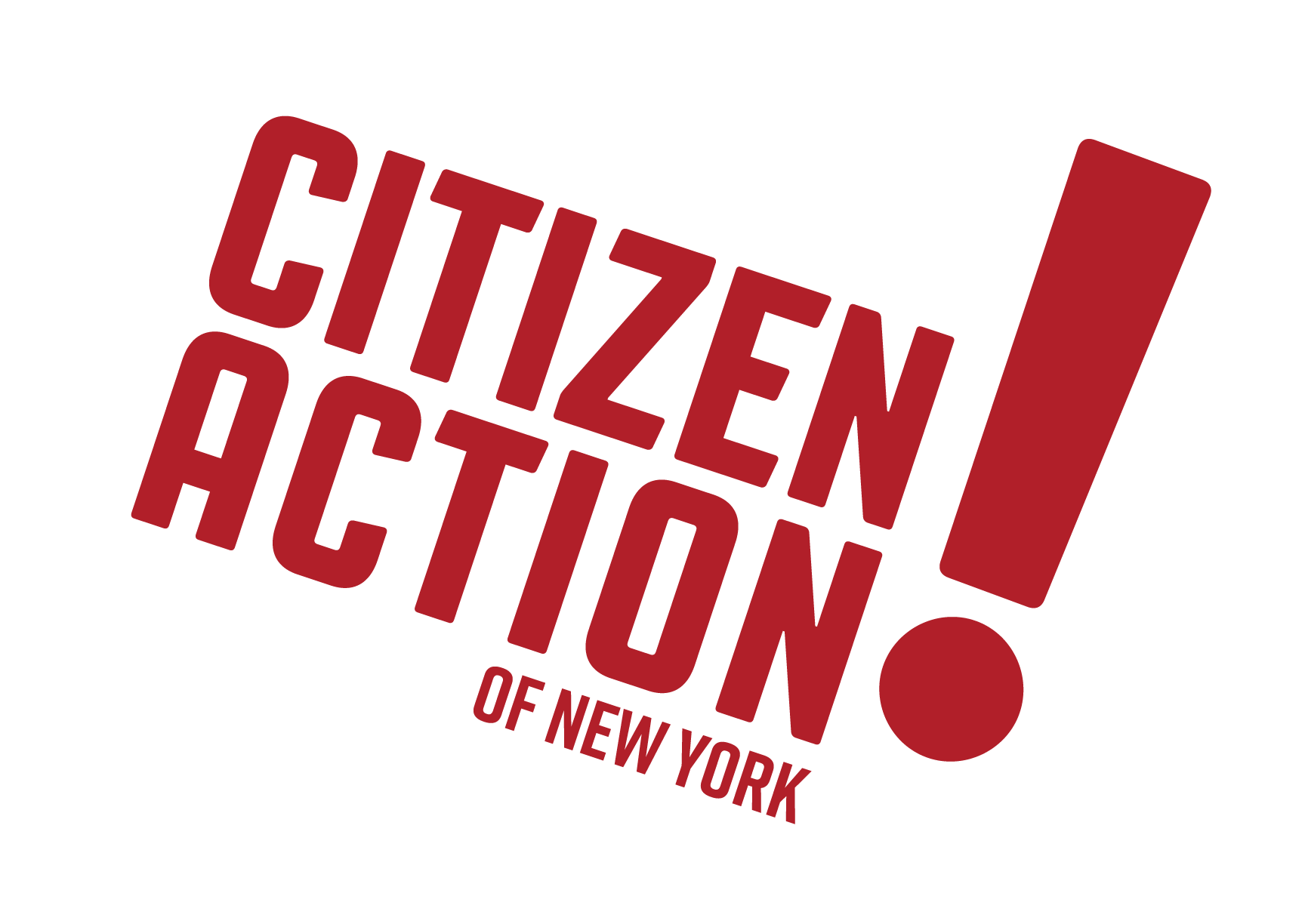A new research review conducted by the Center for Working Families has shown that a system of public financing of elections in New York would have significant benefits for communities and candidates of color. The research was released in advance of the New York State Black, Puerto Rican, Hispanic and Asian Legislative Caucus’ annual conference weekend, where Connecticut State Representative Gary Holder-Winfield, chair of the Connecticut legislature’s Black and Puerto Rican caucus, will join a panel discussion along with Senator Gustavo Rivera and Assemblymember Felix Ortiz on the ways public financing of elections can strengthen communities of color.
Public financing enables candidates from low-income districts to fundraise effectively from small donors, increasing candidate diversity and engaging constituents who can only afford to give in very small quantities.
Representative Holder-Winfield said, “because of public financing of elections, I can act in the best interest of my constituents, fighting for their needs every day. I’m not beholden to the whims of my party because my campaign money doesn’t come from the party – it comes from the people, and it gives me the freedom I need to truly serve them. Without public financing of elections, I would not have been elected to serve in Connecticut’s legislature.”
Senator Gustavo Rivera said, “ensuring that communities of color and those without means have the right to vote is not enough. Democratic societies must also guarantee the right for ordinary citizens to run and win elective office. The gap between our government and the people grows wider when only the wealthy or well connected get elected. Passing campaign finance reform will go a long way in leveling the playing field for citizens from all walks of life to become public servants.”
Top findings in the research include:
- Public financing laws can help level the playing field for candidates of color, especially those who run from low-income districts: In Arizona the number of Native American and Latino candidates nearly tripled in just two election cycles after public financing was implemented. Connecticut’s public financing system, passed in December 2005, has helped increase the number of Latino state legislators from six to nine.
- Public financing laws allow candidates from low-income districts to raise money from their own communities, not deep-pocketed interests: In New York City’s last City Council elections, 65 percent of all money raised by publicly financed candidates came from donors giving less than $250. By contrast, non-publicly financed candidates raised 17 percent of their money from this category of donors – most came from big donors giving over $1,000.
- Public financing laws can produce better policies: New York City’s lead paint abatement law finally passed in 2004—after years of stalling—in part because public financing resulted in a more racially diverse and responsive city council.
Rep. Gary Holder-Winfield’s Caucus workshop, called “Public Financing of Elections: A Means to Empowerment in Communities of Color,” will be held on Saturday, February 18th at 3:00 pm in LOB room 120.
Earlier this week, NY LEAD, a coalition of business and political leaders launched its campaign to support Governor Cuomo’s efforts to implement public financing of elections, lower contribution limits and improved enforcement and transparency measures. Two weeks ago, a group of 118 community, faith and labor organizations signed a letter to Governor Cuomo praising his support of public financing of elections and urging the legislature’s quick adoption. The support of members of the Caucus is another indication of the growing momentum and call for campaign finance reform in New York State.
